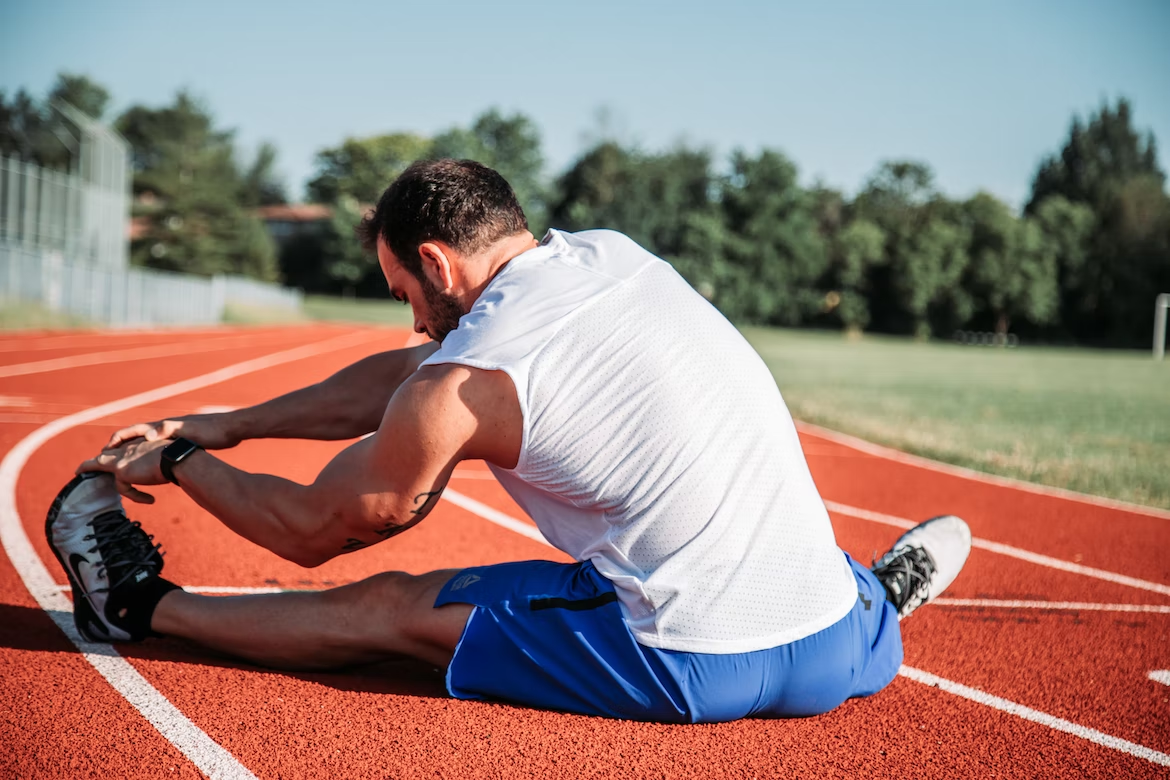
Understand Your Injury And Treatment Options
Many people face the challenge of recovering from a sports injury, but there’s no need to resign yourself to an extended period of pain and discomfort. Knowing what type of injury you have and its extent will provide essential information when it comes to assessing your treatment options so you can get back on the field or in the gym as soon as possible. It’s also important to research treatments available for your specific injury so that you can decide which approach is right for you, whether it’s physiotherapy, rest, or something else. Taking control of your situation in this way will help ensure that you recover fast and can enjoy the sports that you love!
Start Slow
When you’re recovering from a sports injury, it’s important to start slow. Allow your body the time to heal fully before getting back into the swing of things. Taking it slow and easy helps reduce the risk of a further or future injury and sets you up for long-term health. For instance, if a doctor has prescribed physical therapy, don’t rush through or jump ahead to the final stages of rehab. Keep in mind that physical therapy can help you recover from sports injuries, but slowly and steadily. Start at a low-intensity level and build your way up slowly in order to make sure your muscles, bones, and joints are strong enough to take on more rigorous activities. You’ll be glad that you did when you’re finally ready to get back out there on the field!
Use Heat or Ice
When recovering from a sports injury, one important factor to consider is whether you should use heat or ice to help the healing process. Generally speaking, if your injury involves swelling and inflammation, then it is wise to use cold therapy – in the form of an ice pack wrapped in a towel – for about 15 minutes at a time. Heat can help with injuries that cause stiffness and tension; in this case, you may benefit from using a hot water bottle or heated gel pack on the muscles surrounding the affected area. Make sure, however, to never apply either heat or cold directly onto the skin, as this can do more harm than good. When it comes to an injury, doing research and creating an effective recovery plan will lead to the best results.
Strengthen Muscles
Recovering from a sports injury means not only giving your body time to heal, but also retraining it at the same time. An important step that is often ignored is strengthening muscles that may have weakened due to inactivity while you were healing. Strengthening those muscles can be an important factor in making sure you come back better and stronger than ever before. Make sure to focus on targeting those specific muscle groups during your recovery, so that when you return to the arena or field, you don’t experience any hiccups along the way.
Get Enough Sleep
Getting enough sleep can have a huge impact on your recovery from a sports injury. If you’re having trouble sleeping, take action! Turning down the temperature in your bedroom, paying attention to nutrition and exercise during the day, and switching off any bright screens before going to bed can all help you catch those much-needed ZZZs. Try to get 7-9 hours of sleep each night and listen to what your body needs—everyone is different so adjust accordingly. Giving yourself the right amount of rest will significantly improve how efficiently our body recovers and heals itself back to full strength.
Listen To Your Body
When you are recovering from an injury, it is important to listen to your body. You must be aware of every sensation, and respond in a manner that will kickstart the healing process. Too much activity too soon can lead to further injury, while not enough can mean extending the time it takes for you to return to full fitness. As with anything, balance is key – make sure that you adjust your behaviors depending on how your body feels throughout the recovery process. Utilizing these tips can ensure that the return back to being pain-free is as quick and safe as possible!
Proper Nutrition is Key
When recovering from a sports injury, proper nutrition is essential in order to provide the body with the nutrients it needs for healing and rebuilding tissue. Eating foods that are rich in anti-inflammatory properties such as omega-3 fatty acids, vitamin C, and zinc can reduce pain and swelling associated with injuries. Protein is also important for muscle recovery, so make sure to include plenty of lean protein sources in your meals. Finally, make sure to stay hydrated – this will help keep your cells healthy and may even reduce some discomfort associated with the injury. By following these nutrition tips, you can speed up your recovery time and get back to playing as soon as possible!
From applying heat or cold to strengthening weak muscles, getting enough sleep and listening to your body’s signals, there are many steps you can take in order to recover from a sports injury. Additionally, proper nutrition is essential for providing the necessary nutrients that will help with healing and rebuilding tissue. Eating anti-inflammatory foods such as omega-3 fatty acids, vitamin C, zinc and lean proteins can reduce pain and swelling associated with injuries while staying hydrated helps keep cells healthy. By taking these measures into account during recovery time, you’ll be able to make sure that you return back to full fitness quickly and safely!
Comments
comments